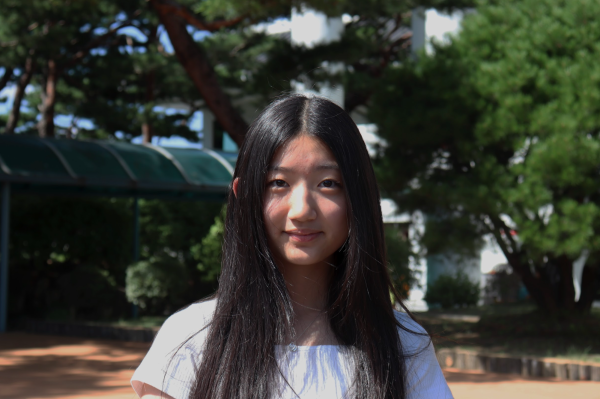When teachers see a student hunched over on a desk with bottles of coffee around them and engaged in a panicked conversation with a classmate, most will shake their heads disapprovingly, questioning why habits of neglecting sleep, discussing summative grades, and overindulging in caffeine have become normalized. These students may seem to take on too much responsibility while foolishly neglecting their mental health.
This perception is not without a reasonable basis. It is undeniable that many SIS students have developed an unhealthy habit of procrastination, leaving much of their schoolwork and responsibilities until the last minute and creating stress that could have been avoided. Furthermore, students tend to take on an unsustainable amount of responsibility, whether that be in the form of signing up for numerous AP classes or overloading themselves with extracurriculars.
For these reasons, criticism of students’ intense and unhealthy study habits seems entirely justifiable. Nevertheless, I argue that such study and lifestyle habits must not always be looked upon with criticism, but instead with understanding and sympathy when appropriate. This is because though all teachers have a foundational understanding of the burdens that high school students bear and their day-to-day tasks, numerous reasons justify the unhealthy study habits that students have formed, many of which are unaware to many teachers and peers.
One of the most common reasons behind procrastination and unhealthy habits is burnout, often resulting from the plethora of summatives that upperclassmen have weekly. Extremely prevalent among students, particularly upperclassmen, burnout renders students unbearably exhausted regardless of how much sleep they receive as well as frustrated at menial inconveniences. This stirs a lack of motivation to complete any tasks, including academic ones. This is not simply an issue of lacking willpower—burnout leads students to lack interest in the activities they normally enjoy and deteriorates their focus or physical health.
Another component is academic competition among peers. As opposed to burnout, academic competition contributes to the habit of over-studying, which can be seen when students study until early in the morning and avoid taking breaks to recharge. Amidst the competitive nature of SIS, plenty of students fear falling behind peers, even in small quizzes or unit tests, pushing them to put in an unnecessary amount of effort to perform well academically.
Familial pressures are also incredibly prevalent among SIS students. Due to fluctuating grade averages, some parents inflict punishments or give lengthy lectures in response to lowered grades, especially with the rising prevalence of Korean “Tiger Moms,” who push children to high levels of achievement through particularly strict punishments. This can pressure students to over-prepare late into the night to minimize the potential for mistakes that could lead to more parental disapproval. There is no feasible way to stop this source of stress, as parents will always seek to push their children toward success and therefore will inevitably be disappointed at misdemeanors or negligence.
A commonly posed solution is for students to take on less work through easier classes or decreased extracurricular involvement. If a student chose to take the greatest number of advanced classes while juggling a superfluous amount of extracurriculars, this solution is entirely applicable to minimize unhealthy habits.
However, the vast majority of students have taken on an amount of work that challenges them, yet is reasonable with proper time management and determination. Unhealthy study habits often emerge occasionally for these students on infrequent occasions in which numerous summatives and other commitments seem to stack up within a short period. In these cases, students will inevitably develop some unhealthy study habits, namely sleeping late or drinking excessive caffeine, out of fear of under-preparing or due to a hectic schedule.
By offering sympathy and understanding, as many already do, teachers can help students be more open to communication and feel less anxious during classes or before summatives, changes which will likely mitigate their unhealthy study habits.
Students, please remember that though unhealthy study habits are impossible to avoid entirely, efforts should be made to minimize them through time management. Teachers, please continue providing students with support, understanding, and encouragement, especially during their most stressful moments.


